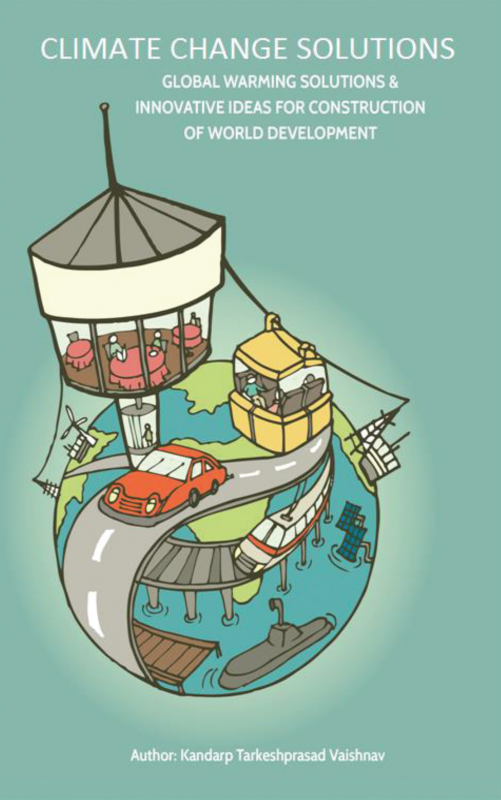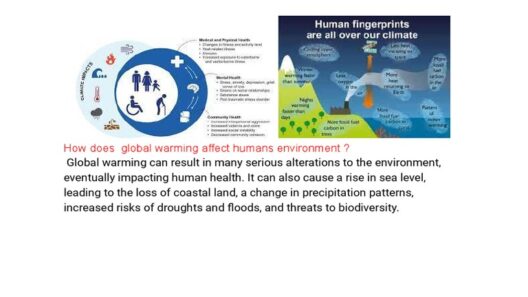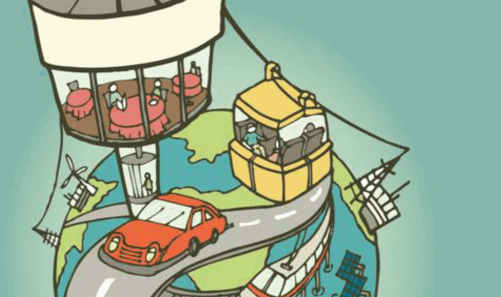In an era defined by unprecedented climate change, the necessity for reducing carbon footprint cannot be overstated. A carbon footprint, the total amount of greenhouse gases emitted directly and indirectly by an individual, organization, or product, plays an instrumental role in determining the health of our planet. This article delves into how the conscious reduction of our carbon footprint influences our planet’s future and presents a compelling case for a paradigm shift in perspective regarding environmental stewardship.
The clamor for action against climate change is crescendoing. Rising temperatures, erratic weather patterns, and escalating natural disasters are just the tip of the iceberg. The underlying cause of these phenomena is primarily attributable to increased greenhouse gas emissions, predominantly carbon dioxide. Therefore, the deliberate act of reducing one’s carbon footprint is synonymous with adopting a holistic approach toward planetary sustenance.
At its core, reducing the carbon footprint is a multifaceted endeavor that permeates various aspects of our lives—from individual choices to systemic transformations in industry and policy. When individuals adopt eco-friendly practices, they collectively wield an enormous force capable of catalyzing significant changes. Simple actions, such as using public transportation, minimizing energy consumption, and supporting sustainable products, contribute to a ripple effect that can influence others to follow suit.
Additionally, the corporate sphere cannot be overlooked. Businesses that prioritize sustainability and implement carbon reduction strategies not only mitigate their environmental impact but also gain competitive advantages. By investing in renewable energy sources, such as solar and wind power, these companies are preparing for an inevitable transition toward greener economies. This transition is not merely ethical; it is economically savvy. Forward-thinking organizations recognize that the younger, eco-conscious consumer demographic is increasingly gravitating towards eco-friendly brands, influencing market dynamics.
The intersection of personal lifestyle and economic strategies illuminates the potential of carbon footprint reduction. As community members engage in discussions about localizing food sources, promoting carpooling, and investing in green technologies, a community-wide vision for sustainability emerges. This collaborative spirit fosters a sense of accountability and communal responsibility for the environment. In essence, widespread investment in carbon footprint reduction begins to galvanize societal shifts toward innovative practices and technological advancements.
Indeed, the influence of carbon footprint reduction on our planet reaches far beyond immediate ecological benefits. It inspires curiosity and optimism about emerging technologies aimed at carbon capture and sustainable energy solutions. Imagine a world where technological advancements allow us to capture carbon directly from the atmosphere or where 3D-printed homes utilize sustainable materials to reduce waste. The reality of these innovations aligns with a broader vision of a sustainable future, inciting interest and stimulating discussions about what is achievable.
Furthermore, the benefits of reducing our carbon footprint extend to public health. Air pollution, a byproduct of greenhouse gas emissions, has been linked to respiratory and cardiovascular diseases. By minimizing emissions, we not only contribute to a cooler climate but also safeguard human health. Healthy populations lead to productive societies, and a workforce invested in both personal health and environmental health has the potential to drive massive socio-economic developments.
On a broader scale, international collaboration in carbon footprint reduction signifies a commitment to global solidarity. Climate agreements, such as the Paris Accord, exemplify how nations can unite in the battle against climate change. By committing to specific reduction targets, countries hold each other accountable, reinforcing the principle that collective action is paramount. As nations strive to uphold these commitments, unprecedented innovations and solutions emerge from the necessity for compliance. This gathering of global minds produces a wealth of knowledge and resources, sharing successful strategies that can be implemented worldwide.
This interconnectedness can also spark interest in educating future generations about the importance of sustainability. Incorporating environmental studies into curricula can cultivate a generation of eco-conscious citizens poised to make environmentally responsible decisions. When children understand the significance of their actions and the consequences they hold for future generations, they become the custodians of the planet, instilling a robust cycle of environmental awareness and activism.
While the journey to reducing our carbon footprint is fraught with challenges, the potential benefits are profound. Exemplary practices showcase that it is achievable, a crucial step toward reconnecting humanity with the natural world. Each action, no matter how minute, can contribute to a more resilient ecosystem that will thrive long into the future.
A sustained commitment to reducing carbon footprints fosters hope for our planet. This commitment elicits a conscientious, curious exploration of more sustainable lifestyles that drive positive change. A holistic approach to carbon reduction not only safeguards our environment but shapes an equitable future grounded in health, innovation, and collective stewardship.
Ultimately, the imperative to act lies within each of us. Engaging in dialogues on carbon footprint reduction opens avenues for enhancing our understanding and conjoining our efforts with others who share similar values. Inspired by curiosity and the promise of transformation, society can unite to forge a sustainable future—one that ensures the vitality of our planet for generations to come.








